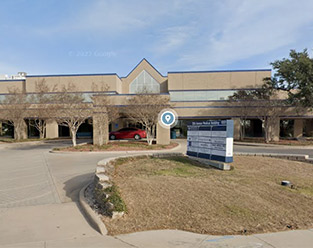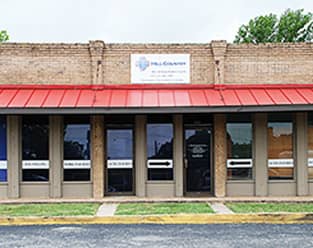Protecting Your Health in the Aftermath of a Potential Traumatic Brain Injury
 You’ve been involved in a car accident, a workplace mishap, or a slip and fall on poorly maintained property. It may or may not seem serious—you may be able to walk away, and you may assume that you are fine. It’s important to understand, though, that almost any type of head injury can have potentially serious consequences, and failing to take the right steps in the minutes, hours, and days following a bump or blow to the head can interfere with your recovery or even make your condition worse. What are the most important steps you should take if you’ve had any type of head injury or trauma? Here are six things you should always do.
You’ve been involved in a car accident, a workplace mishap, or a slip and fall on poorly maintained property. It may or may not seem serious—you may be able to walk away, and you may assume that you are fine. It’s important to understand, though, that almost any type of head injury can have potentially serious consequences, and failing to take the right steps in the minutes, hours, and days following a bump or blow to the head can interfere with your recovery or even make your condition worse. What are the most important steps you should take if you’ve had any type of head injury or trauma? Here are six things you should always do.
Step #1—Assess the Seriousness of Your Injury
This may require the involvement of others, particularly if you’ve lost consciousness or are \ uncertain what has happened. Most important, a decision needs to be made as to whether to call for emergency medical personnel. If you are unconscious, experiencing seizures, having difficulty breathing, or bleeding severely, call 9-1-1 and get emergency responders there as soon as possible.
Step #2—Avoid Unnecessary Movement
After any head injury, it’s best, if you can do so safely, to stay right where you are until emergency personnel arrive. They’ll make an immediate assessment and can accurately determine what needs to be done next. Trying to move at all when you’ve had a head injury can have serious consequences.
Step #3—Apply an Ice Pack to Minimize Swelling
In the aftermath of trauma, your body naturally responds by producing fluids. Unfortunately, that causes swelling, which can be harmful to your brain, causing it to press against the inside of your skull. An ice pack can help minimize the swelling.
Step #4—Monitor Your Health for Telltale Signs of TBI
You can typically expect a headache and some nausea after a blow to your head or neck. If it progressively gets worse, you should either go to the emergency room or schedule an immediate appointment with your doctor. Watch for other symptoms, such as sensitivity to sound or light, vision changes, interruption with sleep patterns, or challenges with cognition.
Step #5—Gradually Return to Any Strenuous Activities
Whether it’s work or leisure, if it taxes your mind or body, don’t do it unless it’s been cleared by medical personnel.
Step #6—Do What Your Doctor Prescribes
A head injury can be frustrating, particularly when you’re accustomed to being active. Your doctor wants to see you return to full health but knows that you must do so one step at a time.
Contact Us to Set Up an Appointment
At Advantage Healthcare Systems, we have extensive experience working successfully with individuals who have suffered any type of head injury in an accident. We have the skill, knowledge, experience, and resources to conduct a thorough assessment of your injury. We can prescribe a regimen of care and, when appropriate, refer you to a specialist, such as a neurologist or physiatrist, for targeted care. Call us toll-free at 1-877-487-8289 or fill out the form provided below to schedule an assessment. We offer locations across Texas, including Fort Worth, Dallas, and San Antonio.





